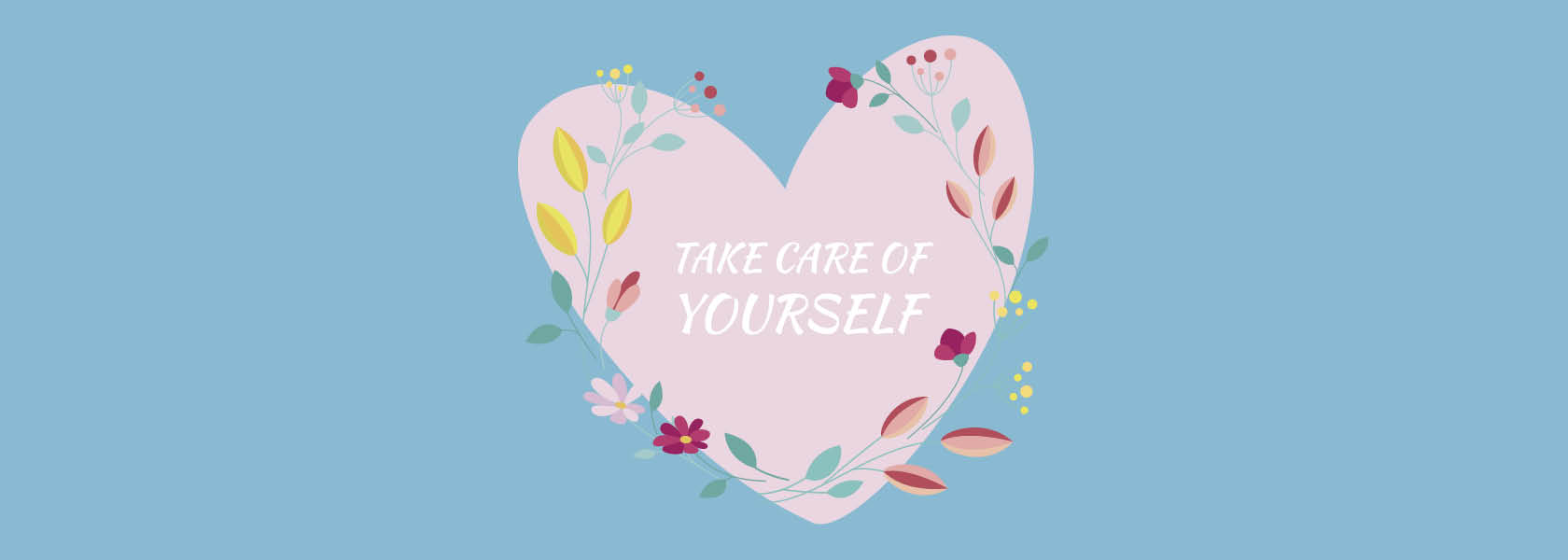
01 Feb Self Love
You must learn one thing.
The world was made to be free in.
Give up all other worlds
Except the one to which you belong.
– David Whyte
As humans, we naturally seek love from the day we are born and continue on this quest throughout our lifetime. The experience of love can be illuminating, energizing and sometimes painful. The poet Emily Dickinson said, “Love is all there is,” but between the curated ‘this is what love looks like” on social media and deeply held cultural myths and stereotypes about what love is, it’s easy to be confused about love, how to define it, how to experience it, and how to live it.
I like to think of love as a muscle, something each individual can nurture, nourish and grow from within. Love as a way of being in the world. Love as the elevated energy that creates connection, even in difficult conversations or hard times. Love can be practiced every day, in how we treat ourselves, our family, our colleagues, the world.
How do you love at work?
Ancient texts, modern day disruptors, and even neuroscience embrace the notion that self love is the first critical step toward a truly loving life. At first glance, self love can seem counterintuitive or selfish, but like the airline’s safety instruction to take the oxygen for yourself first, and then give it to a child, one must believe in their own self worth, their own unique place in the world, before their love can truly be given freely to others.
Self love includes the recognition that we are all imperfect and experience failure. Recognizing this is not an excuse to stay static, but a compassionate way to move forward, learn from our mistakes, and grow. Self love is about kindness to ourselves. We can learn to listen to the voice in our head and help that very natural inner talk become friendly and supportive, not critical and belittling. As we develop that skill of relational self-awareness, our self kindness tends to radiate outward, to others. Finally, self love is about being open to our experience, not rejecting anything we might feel.
Where to begin? Each day this month, practicing self love requires just 5 minutes. You can do it sitting, standing, walking, waiting in line, commuting to work, as you are about to help a resident, or in advance of a difficult conversation.
How? Take a few breaths, in and out. At first, feeling your breath is easier if you put one hand on your heart and one on your belly; experiencing the movement of breath brings you right into the present. As you breathe in, say quietly to yourself, “I am here.” As you breathe out, “I am part of the universal energy of love. At the very end of each exhale, say “I belong.”
Notice what happens in your body, heart and mind as you remind yourself that you are a unique part of the universe. The world needs you to be you. Allow the love to be like a tenderizer to self-doubt. The more you practice directing love toward yourself, the stronger the loving muscle grows. What we practice, we become.
bell hooks, an author and social activist, encourages us to live with a love ethic. “A love ethic,” she says in her book all about love, “presupposes that everyone has the right to be free, to live fully and well. We do this by choosing to work with individuals we admire and respect; by committing to give our all to relationships; by embracing a global vision wherein we see our lives and our fate as intimately connected to those of everyone else on the planet.”
As you befriend your self, the love will naturally expand outward. Try it!
If you would like to read more about self-love, try Kristin Neff PhD’s book Self Compassion.
Joy Solomon is the Vice President of Elder Justice and Spiritual Engagement at RiverSpring Living. This is a new role whose aim is to find meaningful ways to acknowledge and support the unique and personal journey of our staff and to discover how each of us impacts our organizational identity as a whole.

